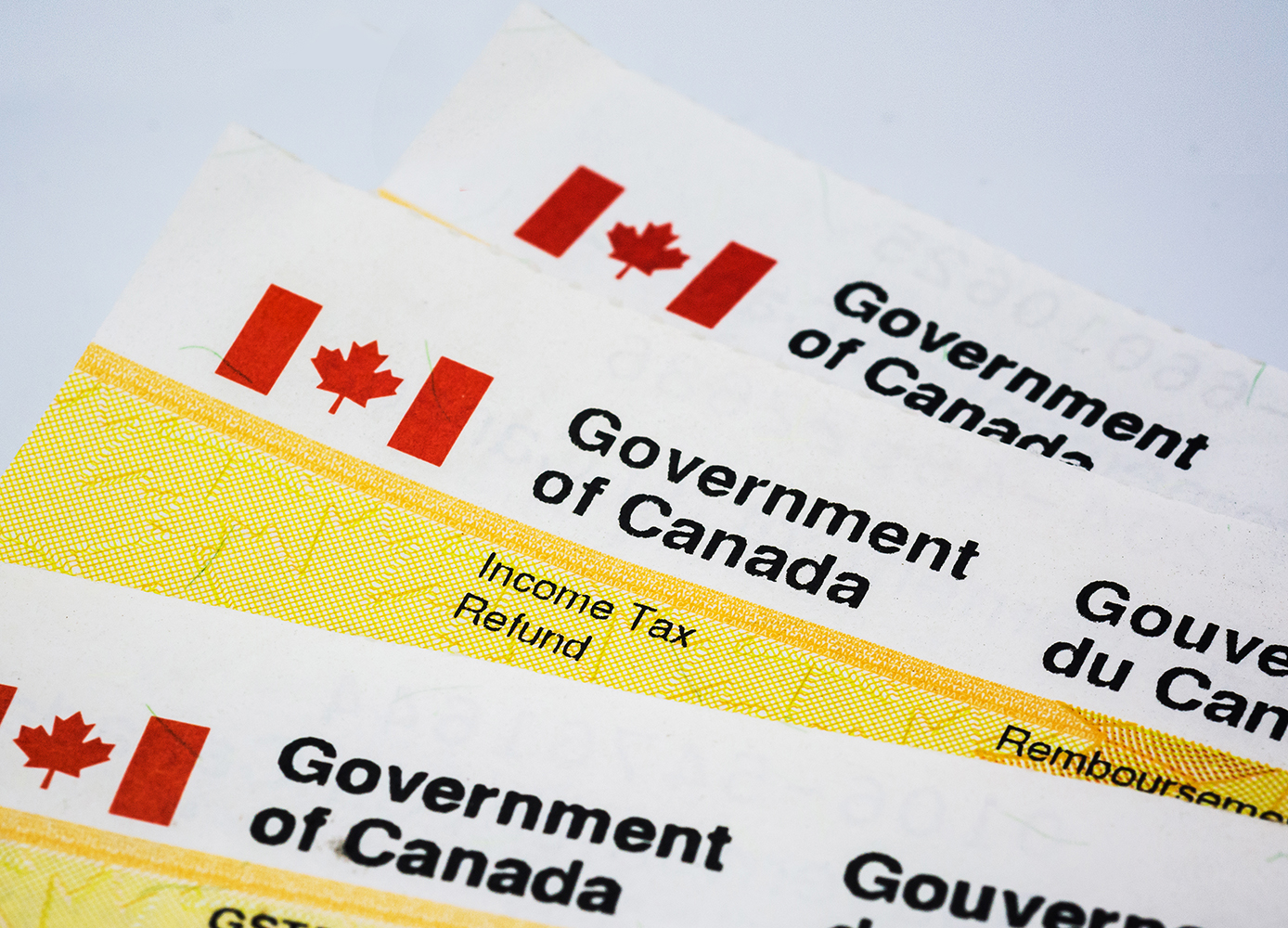The longer you keep working, the better off you’ll be when you decide to retire
By Katrina Caruso
Will you have enough money saved to retire on?
As we reported on goodtimes.ca in February, 62% of Canadians aged 55 to 75 worry that they’ll outlive their savings, according to an Ipsos survey conducted for RBC Insurance. Almost half—45%—of those not yet retired aren’t sure they’ll be able to afford the retirement they hope for. In the United States, half of all households are in danger of not having enough money saved to maintain their standard of living in retirement, according to the Centre for Retirement Research at Boston College.
What can you do to ensure that you have as much saved as possible? According to a paper recently released by the US National Bureau of Economic Research, working a little longer—even a few extra months—can make big difference. Researchers looked at number of scenarios and applied different assumptions—such as varying income levels and rates of return on investment—and consistently found that working longer was the best option. Their results showed that working only three to six additional months past 65 can produce the same outcome as if you had saved 1% of your annual salary over 30 years.
By working longer, not only are you continuing to earn money—and thereby both saving more and postponing having to touch your savings—but you can also put off starting to receive your government retirement benefits. For every month beyond 65 that you don’t claim Canada (or Quebec) Pension Plan benefits (and keep paying premiums), your benefit goes up .7%, or 8.4% a year. If you wait till you’re 70, you’ll get 42% more than you would at 65. Old Age Security benefits also increase as you postpone retirement—rising .6% a month, or 7.2% a year.
The Social Security system in the United States also rewards those who defer retirement. To learn more on the similarities and differences in the two retirement plans, check out this article.
Photo: iStock.






